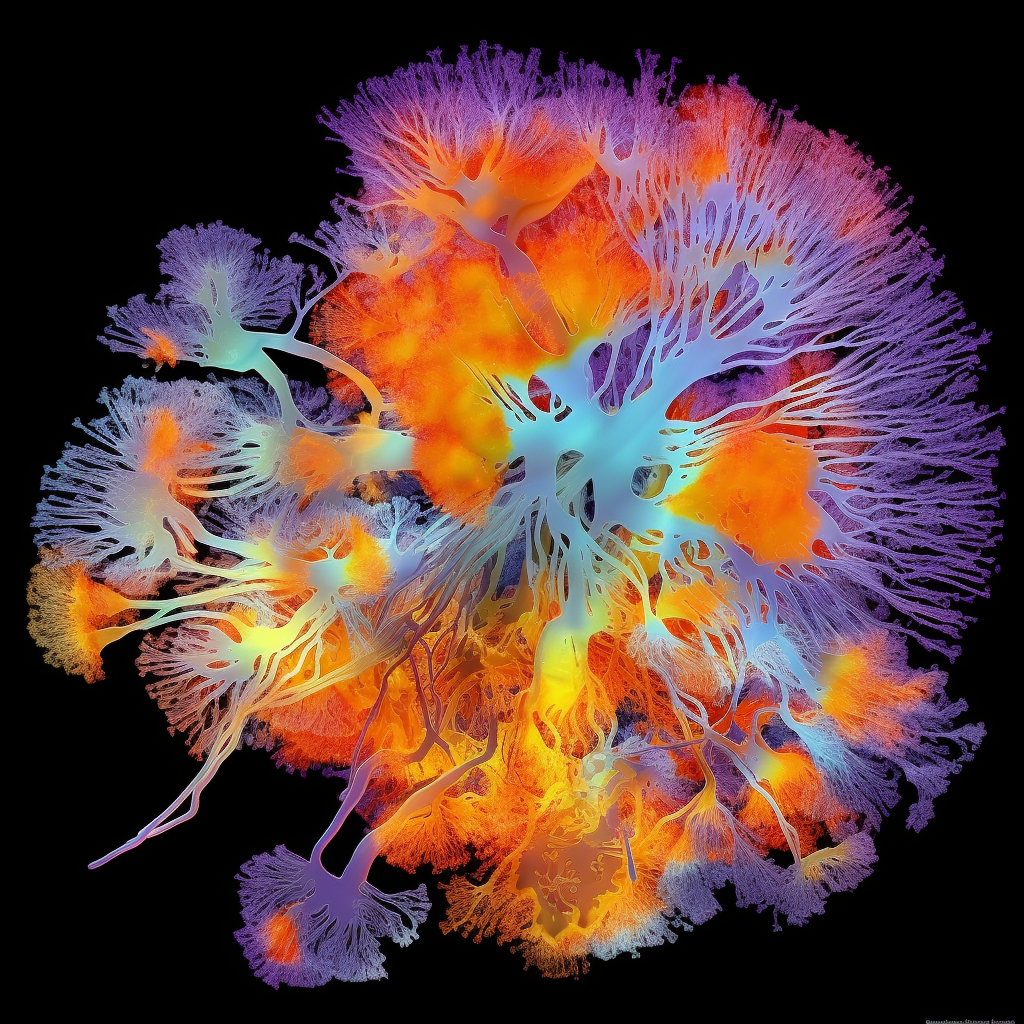Delve into the ethics and challenges of lucid dreaming research, from consent to reality boundaries, and discover the impact of exploring this captivating realm.
Lucid Dreaming Research: Ethics, Challenges, and Implications
Lucid dreaming research has gained significant attention, raising important ethical considerations and challenges. This article delves into the implications of conducting research on lucid dreaming, examining topics such as informed consent, potential risks and benefits for participants, and the boundaries between dream and reality. Furthermore, it analyzes the broader implications of lucid dreaming research in the context of privacy, personal autonomy, and the potential for misuse.
1. Informed Consent: Balancing Exploration and Protection
Informed consent is crucial when conducting research on lucid dreaming. Researchers must ensure that participants fully understand the nature of the study, potential risks, and benefits. Ethical guidelines should be followed to protect participants' rights and minimize any potential harm. This section explores the challenges of obtaining informed consent in a unique dream-related context.
2. Risks and Benefits: Navigating the Dreaming Realm
Lucid dreaming research presents both risks and benefits for participants. While the potential benefits include enhanced self-awareness, problem-solving abilities, and therapeutic applications, there are also potential risks such as sleep disturbances or the blurring of boundaries between dreams and reality. This section discusses the complexities of balancing risks and benefits in lucid dreaming research.
3. Dream versus Reality: Unraveling the Boundaries
Lucid dreaming raises intriguing questions about the boundaries between dreams and reality. Researchers must navigate the ethical challenges of inducing lucid dreams and potentially blurring these boundaries. This section explores the psychological and philosophical implications of studying the interplay between the dream world and waking life, offering insights into the nature of perception and consciousness.
4. Privacy, Autonomy, and Misuse: A Balancing Act
Lucid dreaming research may intersect with privacy concerns and personal autonomy. Participants' dream experiences are inherently personal, and ethical guidelines must be established to protect their privacy rights. This section examines the potential implications of lucid dreaming research on personal autonomy, highlighting the importance of responsible and respectful investigation to avoid any potential misuse of dream-related experiences.
Conclusion
Conducting lucid dreaming research poses unique ethical challenges and opens avenues for valuable insights into the human mind. Striking a balance between exploration and protection, understanding the risks and benefits, unraveling the boundaries between dreams and reality, and ensuring privacy and personal autonomy are crucial considerations. As we delve deeper into the study of lucid dreaming, it is essential to approach the research with responsibility, respecting the individuals who contribute to this fascinating field.






